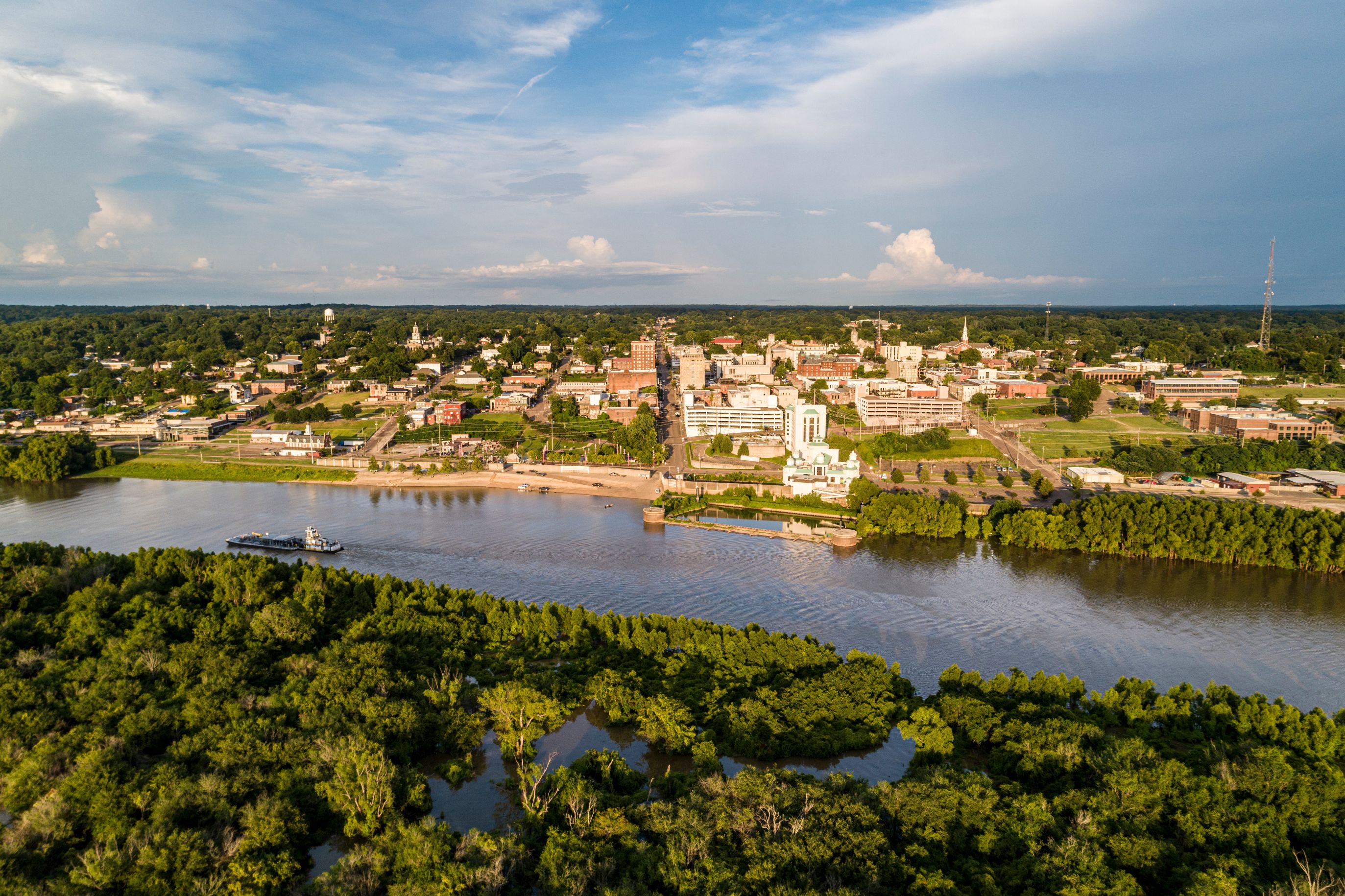The Yazoo Land Scandal of the late 18th century significantly impacted the territorial configuration and legal foundations of the United States. Centered in Georgia, the scandal involved corrupt land deals whereby companies bribed officials to buy vast tracts of land at astonishingly low prices. The affair led to landmark Supreme Court rulings and influenced both state boundaries and federal-state relations. Moreover, it precipitated the tragic “Trail of Tears” event in the 19th century.
Key Points:
- The Yazoo Land Scandal involved fraudulent land deals in Georgia, where four companies acquired about 40 million acres of land at four acres to a dollar, leading to public outrage and legal battles.
- The scandal had far-reaching territorial implications; without it, Georgia might have stretched from the Atlantic to the Mississippi, encompassing most of what is now Mississippi and Alabama.
- In 1810, the Supreme Court case, Fletcher v. Peck, determined that Georgia’s Rescinding Act, which aimed to overturn the fraudulent land deals, was unconstitutional. This decision marked the first time the Supreme Court ruled against a state law and set important precedents in contract law.
- The scandal indirectly led to the “Trail of Tears” in 1830, a tragic event where the U.S. government forcibly removed approximately 100,000 Native Americans to reservations west of the Mississippi.
- Despite its profound impact on early American history, the Yazoo Land Scandal is largely forgotten today but serves as a reminder of the complex interplay of corruption, law, and territorial ambition in shaping the nation.
Source: https://www.atlasobscura.com/articles/strange-maps-yazoo-land-affair?utm_source=pocket_discover









